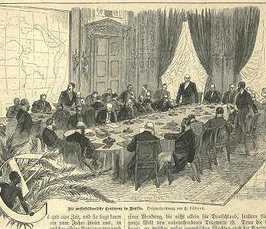Workshop: Connecting networks in crime history – Surveillance, repression and punishment in Africa and Latin America in late nineteenth and early twentieth centuries
Workshop
- Beginn: 12.12.2019
- Ende: 13.12.2019
- Organisation: Raquel R. Sirotti, Karl Härter
- Ort: MPIeR
- Raum: Vortragssaal des MPI
